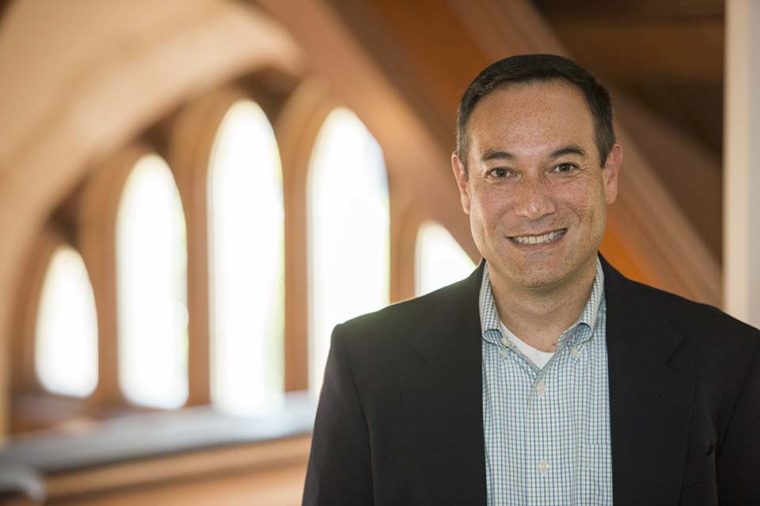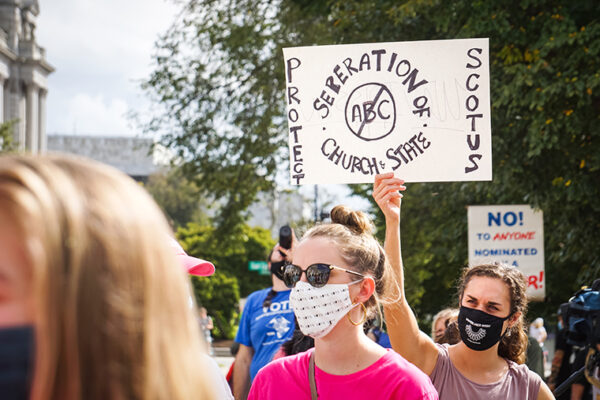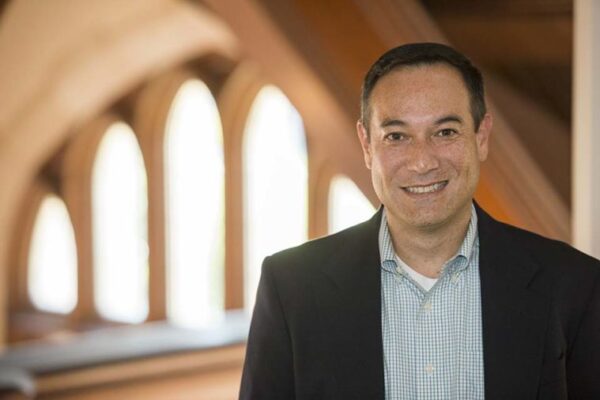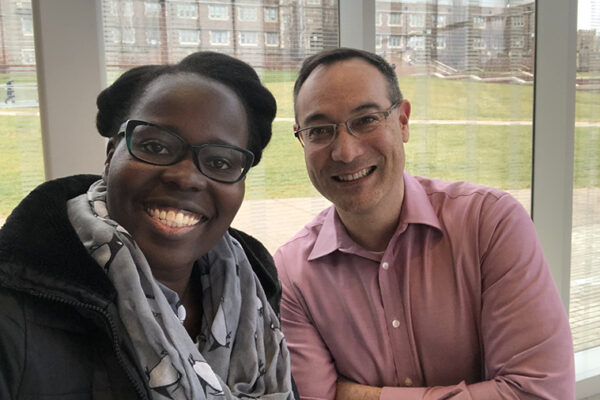In a society that is increasingly diverse yet less tolerant, how can Christians live faithfully while respecting those whose beliefs are radically different? A Washington University in St. Louis scholar says before we can find common ground with others, we must start by acknowledging and being comfortable with our own beliefs that make us different.
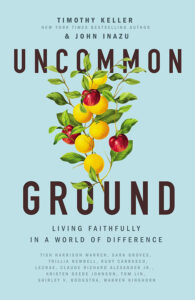
“I am increasingly convinced that any authentic bridging of difference requires authenticity about who we are before we attempt to engage across difference,” said John Inazu, the Sally D. Danforth Distinguished Professor of Law and Religion at Washington University’s School of Law and John C. Danforth Center on Religion and Politics.
“In the 1990s, a lot of interfaith efforts papered over differences or pretended they didn’t really matter. That was never the right strategy, but it’s even less right today, when our differences are now complicated by a growing chasm between religious and non-religious.”
This was the inspiration for Inazu’s most recent book “Uncommon Ground: Living Faithfully in a World of Difference,” with coauthor Timothy Keller, a New York City pastor and well-known author. The book features a collection of personal stories and reflections written by influential Christians, including pastors, scholars, artists, entrepreneurs and nonprofit leaders. Their stories are meant to challenge readers to reflect and think critically about how Christians can live with humility, patience and tolerance in an increasingly pluralistic society.
In making the book, Inazu said they “spent a lot of time on the front end figuring out the right mix of contributors, and then we gathered everyone for a kickoff meeting in St. Louis. I think that initial meeting really set the tone and trajectory for the book as a true collaboration rather than just a compilation of individual essays.”
“If everyone who reads this book came away with some mixture of challenge, encouragement and discomfort, then I think we will have done what we wanted.”
John Inazu
The end result was a book that is meant to challenge and engage the reader. “If everyone who reads this book came away with some mixture of challenge, encouragement and discomfort, then I think we will have done what we wanted,” he said.
“This book won’t resonate with ideologues more captured by politics than by faith, but we believe there are large numbers of American Christians who will engage with our ideas. And of course, we’d love to have non-Christians read it as well, perhaps as a way to complicate the public narrative of what it means to be a Christian in 2020 America.”
Inazu admitted that his approach will limit the amount of common ground that we can achieve, but said there are still incredible opportunities to partner across difference.
“We have to create and nurture distinctive communities within pluralistic institutions before we can build bridges between them,” he said. “Here at WashU, some Christian colleagues and I are working toward this effort through The Carver Project, which seeks to empower Christian faculty and students to serve and connect university, church and society.”
“In normal times, we host a number of programs and events, and over the past few months of the public health crisis, we have published a series of reflections from members of our community. Our work is distinctly Christian, but it is also meant to be accessible by people of other faiths and people of no faith. In my mind, The Carver Project is putting into practice the theory of ‘Uncommon Ground.’”
